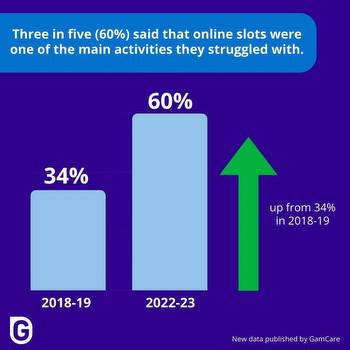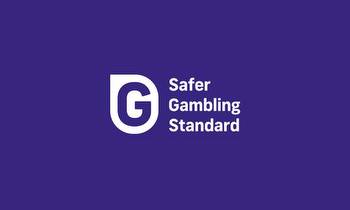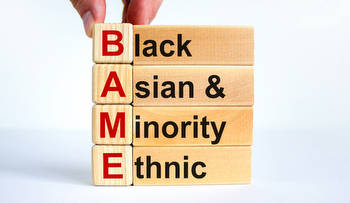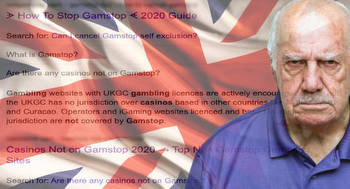GamCare: UKGC data shows ‘online gambling is growing issue’
The UK Gambling Commission(UKGC) has published the results of a standalone telephone study, ‘Gambling participation: activities and mode of access – July 2021’, prompting GamCareto label online gambling a ‘growing issue’ following the pandemic.
Conducted in September 2020, December 2020, March 2021 and June 2021 – with data from the final collection also extending to 5 July – the survey’s questions asked respondents about their gambling participation in the previous four weeks.
Overall, the survey found that the number of people who had gambled in the previous four weeks had declined across all but one demographic, falling to 41.6% (2020: 45.1%),
Additionally, betting frequencies also changed, as participants revealed the number of times they placed a wager within one month had fallen, with over 29.% of respondents saying they placed a bet less than once a month (2020: 21.3%).
However, the number of people participating in at least one form of gambling online rose across all age groups, leading to GamCare’s statement, with the number across all demographics increasing to 24.7% in 2021 (2020: 21.9%), although this figure itself shrank when the national lottery was excluded to 17.6% (2020: 16.8%).
“The pandemic has significantly impacted gambling behaviour and it is yet unclear whether this will have a short- or long-term impact,” said Anna Hemmings, Chief Executive, at GamCare.
“Online gambling is a growing issue for callers to the National Gambling Helpline and we want people to know we are here for them and can help.
“The majority of people contacting us are gambling online and our helpline and treatment data shows this to be an area of concern for us and people that use our services.”
In line with COVID-19 lockdowns and business closures, the UKGC study demonstrated that the number of respondents who reported betting in-person decreased significantly. For example, the number of in-house casino gamers dropped to 1.1% (2020: 1.3%), whilst the number of people betting on football at a venue fell to 4.9% (2020: 5.2%).
Nonetheless, there has only been a slight reduction in the problem gambling rate, from 0.5% to 0.4%, although the number of ‘moderate risk gamblers’ had fallen to 0.7% (2020: 1.4%) whilst low risk gamblers decreased to 2.3% (2020: 2.0%).
Hemmings continued: “We know that people recovering from gambling harms can find it difficult to enjoy live sport. Today’s figures do not cover the most recent Euro’s tournament, so we will continue to monitor for a potential rise in callers over the next few months, with many upcoming sports events over the summer and the reopening of betting shops and casinos, coupled with the difficulties people have experienced in the pandemic.”







































